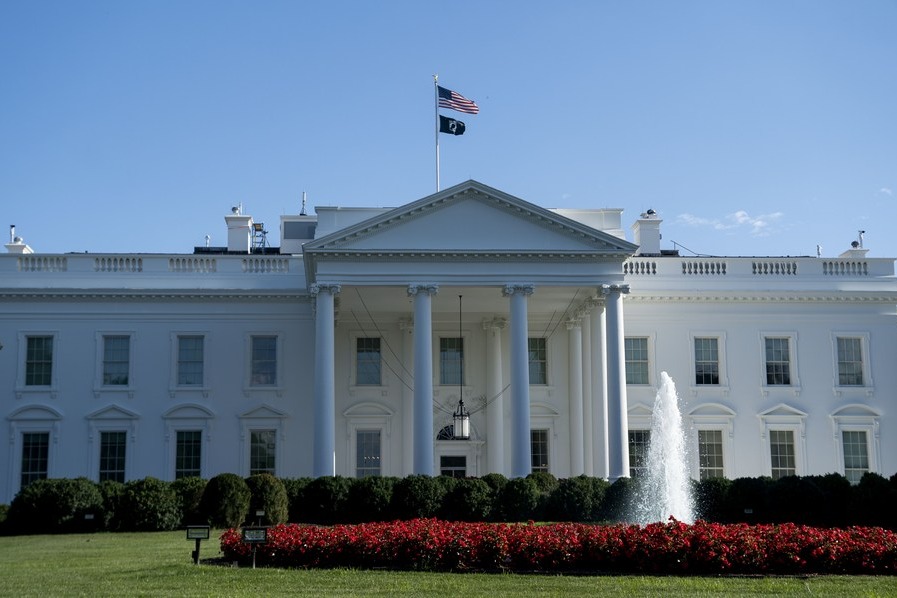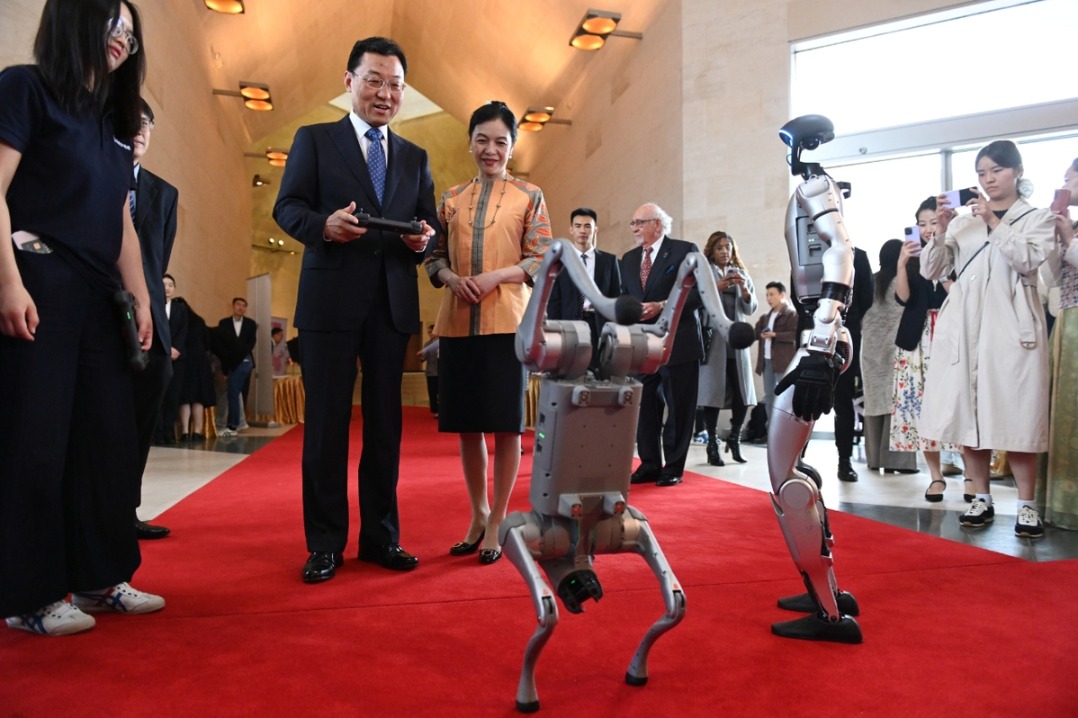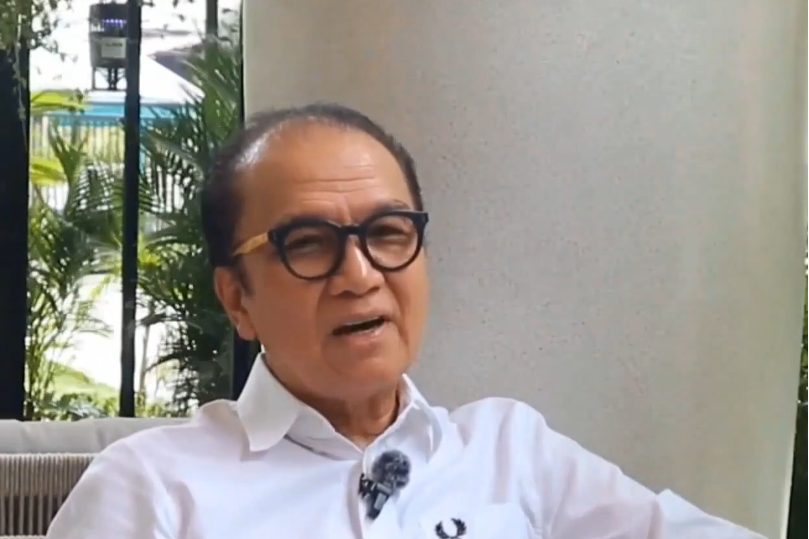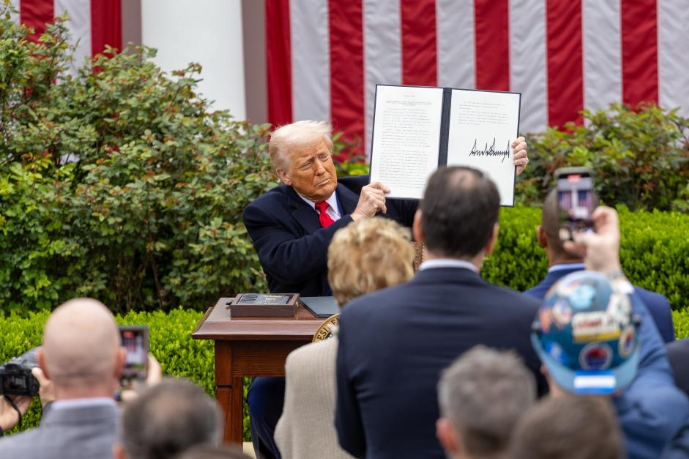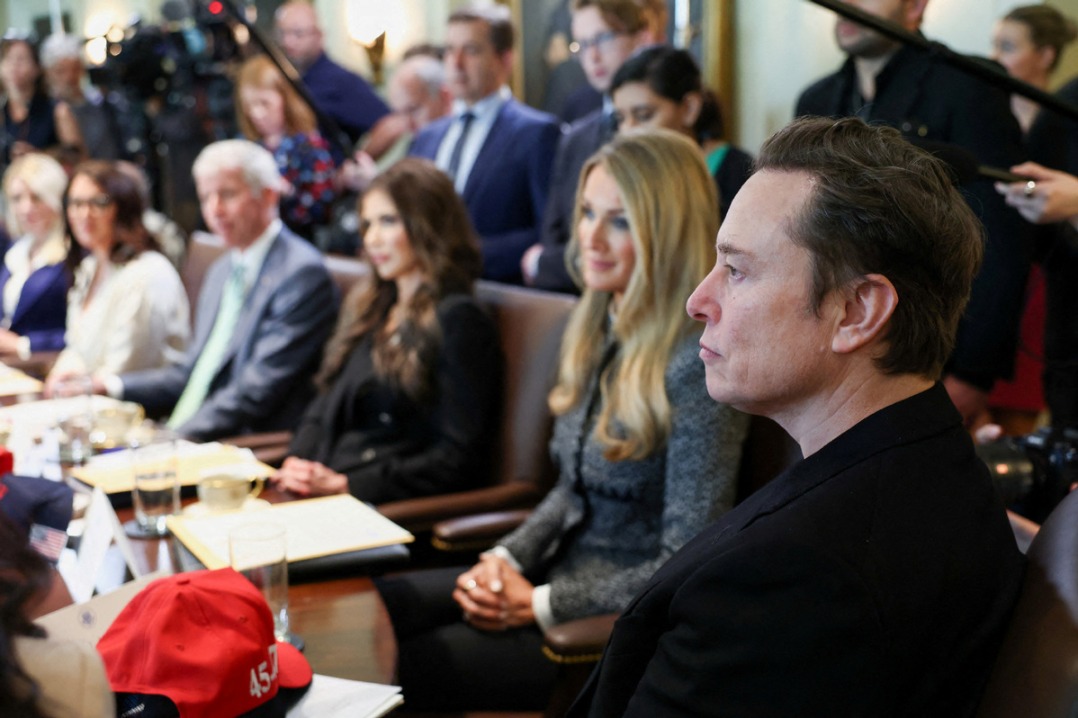Companies watching court battle on tariffs

US trade policy is being closely watched by international companies and retailers after an appeals court on Thursday overturned an earlier ruling that had temporarily blocked President Donald Trump's use of a law to impose sweeping tariffs on countries, including China.
The US Court of Appeals for the Federal Circuit ruled on Thursday that the Trump administration could still use tariffs after it was temporarily blocked from doing so.
That restriction came from another court — the US Court of International Trade, based in New York, which ruled on Wednesday that under federal law, the president was not granted "unbounded authority" to tax imports on countries worldwide.
The trade court judges noted that the International Emergency Economic Powers Act, a 1977 law that Trump had used to invoke the tariffs, does not authorize a president to place universal duties on exports.
The panel of three judges on the trade court made the decision after the Liberty Justice Center brought a lawsuit on behalf of several small businesses and a group of US state governments. They argued that the businesses that import goods would be affected by the levies.
Initially, the trade court's verdict effectively blocked the tariffs, deeming them "illegal".
But that was later overturned by the US appeals court, which set a deadline of June 5 for the plaintiffs' response and June 9 for the government to reply.
The on-again, off-again tariffs and court decisions have created more uncertainty for companies, retailers and countries that trade with the US.
"The lack of clarity on the ultimate policies to be enacted will cause many investment projects to remain sidelined in the United States, Canada, Mexico, China and numerous other countries," Thomas Fullerton, an American economist and economics professor at the University of Texas at El Paso, told China Daily.
White House press secretary Karoline Leavitt described the trade court's action as "judicial overreach" by "activist judges". She said on Thursday that the "president's trade policy will continue" and that the White House would take the case to the US Supreme Court if necessary.
The Justice Department argued in its filing to stop the trade court that the ruling would hurt Trump's efforts "to eliminate our exploding trade deficit and reorient the global economy on an equal footing".
Tariffs are a key part of the Trump administration's policies. While the "reciprocal" tariffs imposed on "Liberation Day" on April 2 were paused in May, the baseline 10 percent tariff on the majority of countries remains.
The 20 percent tariff on China over what Trump said was the country's role in fentanyl is also in place. Tariffs on steel, aluminum, vehicles, pharmaceuticals and semiconductors also remain.
In May, companies were encouraged when the US agreed to pause and cut the 145 percent tariff on Chinese imports to 30 percent for 90 days; China lowered its tariffs on US imports from 125 to 10 percent.
Several large US retailers have predicted that they may soon have to raise prices due to the tariffs.
Walmart was one of the first major stores to say it would be raising prices.
Walmart CFO John David Rainey told CNBC: "We're wired for everyday low prices, but the magnitude of these increases is more than any retailer can absorb. It's more than any supplier can absorb. And so, I'm concerned that the consumer is going to start seeing higher prices."
Best Buy CEO Corie Barry said the consumer electronics retailer would be evaluating its prices.
The doll maker Mattel said it plans to raise prices.
Target also may increase the cost of its goods, even though it said in March that it was doing all that it could to "protect pricing".
More than 50 percent of companies surveyed by insurer Allianz said they will have to raise prices due to the tariffs. But a few big businesses, such as Amazon and Home Depot, said they might not need to, as their sales have not dropped recently.
The White House said it is in trade talks with 18 countries.
White House spokesman Kush Desai said in a statement that unfair trade relationships had "decimated American communities, left our workers behind and weakened our defense industrial base".
















